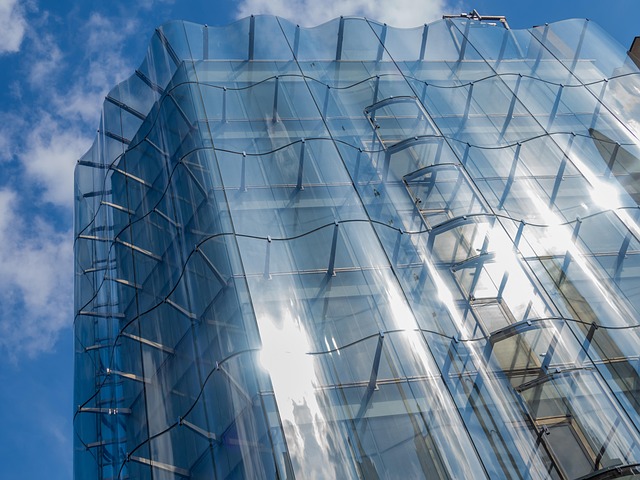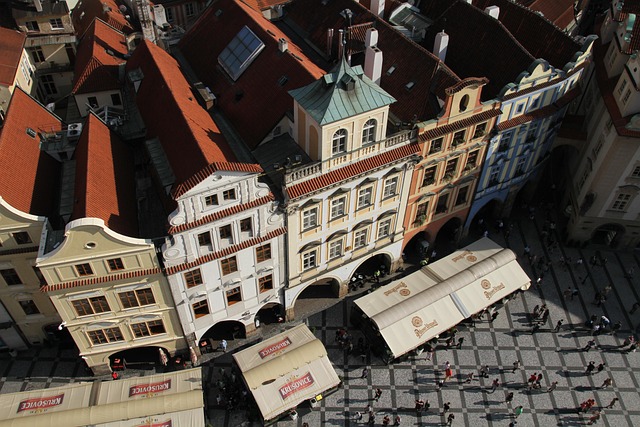Karachi, as a rapidly growing metropolis, faces significant waste management challenges due to high population density and urbanization, particularly in areas like Northern Bypass. The current system struggles with inadequate infrastructure, leading to unhygienic conditions and health hazards. To address this, Karachi requires a comprehensive strategy including efficient collection, sorting, and recycling processes, with innovative solutions like source segregation crucial for reducing environmental impact. Recent advancements include advanced recycling technologies, community engagement, public-private partnerships, and educational programs, fostering a culture of sustainability. Future prospects are promising with smart solutions, collaboration, increased awareness, and investment in advanced facilities, aiming to transform Karachi into a cleaner, more sustainable city.
Karachi, Pakistan’s bustling metropolis, faces significant waste management challenges, particularly in areas adjacent to the Northern Bypass. This article delves into the complex landscape of waste collection and disposal along this heavily trafficked route, exploring both current practices and innovative solutions. We examine community engagement efforts, educational programs, and sustainable initiatives that aim to transform Karachi’s waste management. By analyzing these strategies, we offer recommendations for enhanced, future-focused solutions tailored to this dynamic city.
- Understanding Karachi's Waste Management Challenges Near Northern Bypass
- Current State of Waste Collection and Disposal in the Area
- Innovations and Efforts Towards Sustainable Solutions
- Community Engagement and Education Programs
- Future Prospects and Recommendations for Enhanced Waste Management
Understanding Karachi's Waste Management Challenges Near Northern Bypass
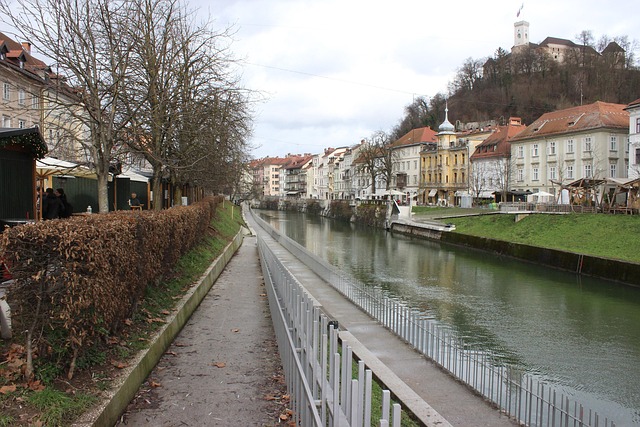
Karachi, as a rapidly growing metropolis, faces significant challenges in waste management, especially in areas like Northern Bypass. The region’s bustling nature and high population density contribute to an immense volume of solid waste generation daily. This issue is further exacerbated by inadequate disposal infrastructure, leading to unhygienic conditions and potential health hazards for residents nearby.
In terms of waste management strategies, Karachi requires a comprehensive approach that involves efficient collection, sorting, and recycling processes. The current scenario demands innovative solutions to tackle the problem effectively. For instance, implementing a well-structured waste segregation system at source can significantly reduce the environmental impact and provide valuable resources through recycling.
Current State of Waste Collection and Disposal in the Area
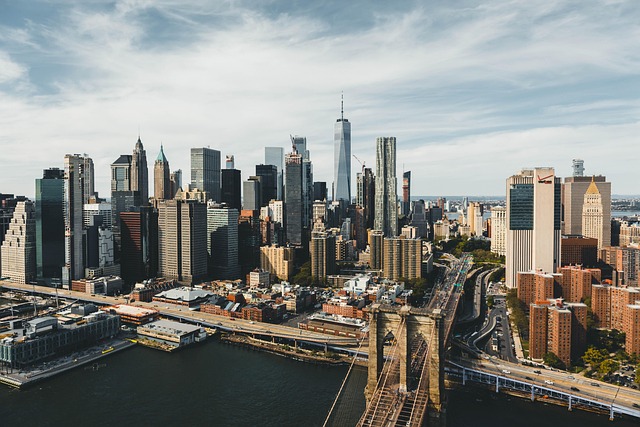
In Karachi, particularly near the Northern Bypass, the current state of waste collection and disposal is a pressing issue. The area, known for its dense population and rapid urbanization, generates significant amounts of solid and hazardous waste daily. Despite efforts by local authorities, inadequate infrastructure and inefficient management practices have led to a buildup of garbage along streets and in open spaces, posing serious environmental and health risks.
The current system relies heavily on manual labor and traditional methods of waste collection, which are both labor-intensive and unhygienic. Disposal sites are often overcrowded, leading to the uncontrolled spread of diseases and pollutants. In light of Karachi’s status as a bustling metropolis, there is an urgent need for modern, sustainable waste management solutions that can keep up with the city’s rapid growth and ensure a cleaner, healthier environment for its residents.
Innovations and Efforts Towards Sustainable Solutions

In Karachi, innovations and concerted efforts are transforming waste management practices towards more sustainable solutions. One notable trend is the increased adoption of advanced recycling technologies, such as mechanized sorting facilities that can process large volumes of waste efficiently. These systems not only reduce manual labor but also improve the quality of recyclable materials, fostering a circular economy model.
Additionally, community-based initiatives and public-private partnerships are playing a crucial role in enhancing waste collection coverage and promoting responsible disposal methods. The involvement of local residents in recycling programs and the establishment of dedicated composting centers have significantly contributed to the city’s green infrastructure. These sustainable practices aim to minimize the environmental impact of waste while creating new opportunities for economic growth, setting an example for other urban areas in Pakistan.
Community Engagement and Education Programs
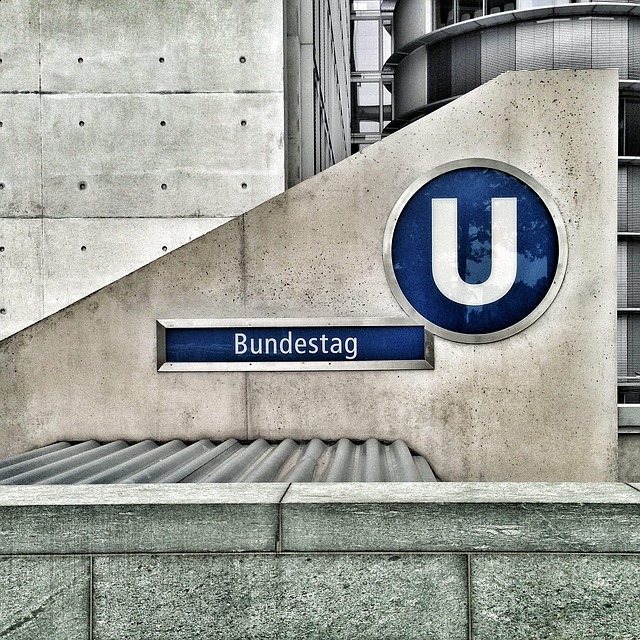
In the vibrant city of Karachi, effective waste management is not just an environmental necessity but a significant community initiative. Engagement and education programs play a pivotal role in ensuring that residents near the Northern Bypass actively participate in keeping their surroundings clean. These initiatives often involve interactive workshops, where locals learn about proper waste segregation, recycling techniques, and the impact of responsible disposal practices on their local ecosystem. By fostering a sense of collective responsibility, these programs empower citizens to become agents of change, transforming the way Karachi handles its waste management challenges.
The heart of these efforts lies in community involvement, where active participation leads to tangible improvements. Educational campaigns, often led by local authorities and environmental groups, target schools and public spaces, equipping individuals with knowledge that extends beyond their households. This holistic approach ensures that the message of sustainable waste management reverberates through the bustling streets of Karachi, fostering a culture of consciousness and accountability among its diverse population.
Future Prospects and Recommendations for Enhanced Waste Management

Karachi, as a rapidly growing metropolis, faces immense challenges in waste management, particularly in areas like Northern Bypass. However, the future prospects for enhanced waste management are promising. Implementing smart solutions such as digital waste collection systems and efficient recycling programs can significantly improve the current scenario. These technologies not only streamline the waste disposal process but also create new opportunities for eco-friendly businesses.
Recommendations include collaboration between local authorities and private entities to develop comprehensive waste management strategies tailored to Karachi’s unique needs. Increasing public awareness about responsible waste segregation and proper disposal methods is another crucial step. Additionally, investing in state-of-the-art recycling facilities can substantially reduce the environmental impact of waste, transforming it into valuable resources. These measures, coupled with stringent enforcement of environmental policies, can lead to a cleaner and more sustainable Karachi.
Karachi’s Northern Bypass area faces unique waste management challenges, but there is hope through innovative solutions. By combining improved collection methods with community engagement and education, it is feasible to achieve a more sustainable future for this region. Implementing the discussed strategies can significantly enhance the current state of waste disposal in Karachi, ensuring a cleaner and healthier environment for all residents.

